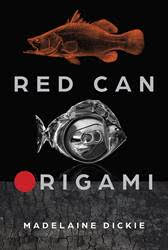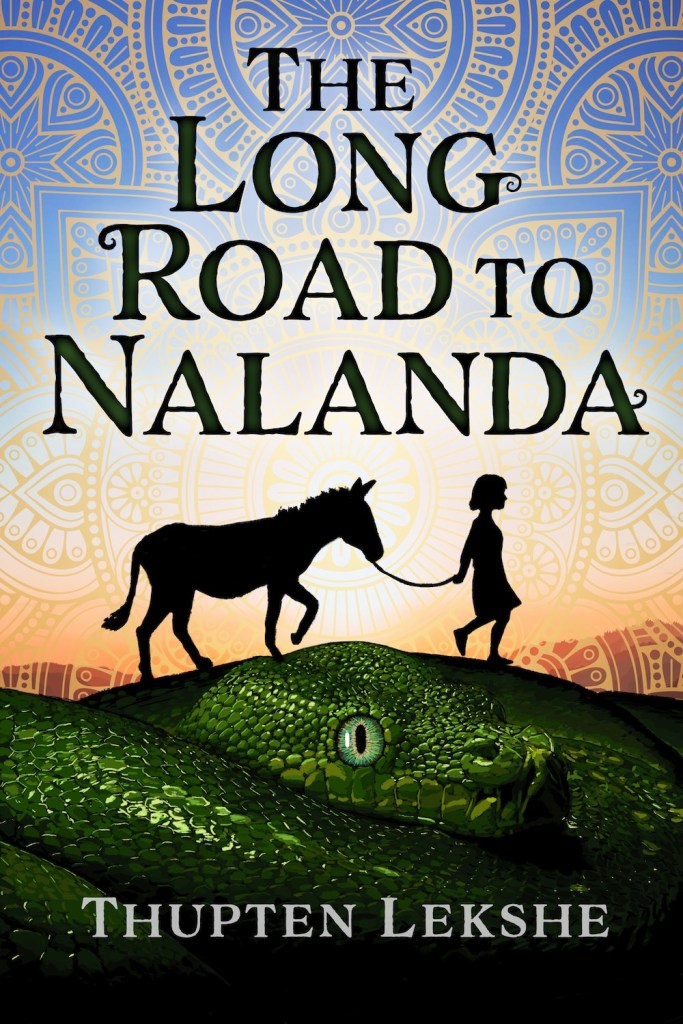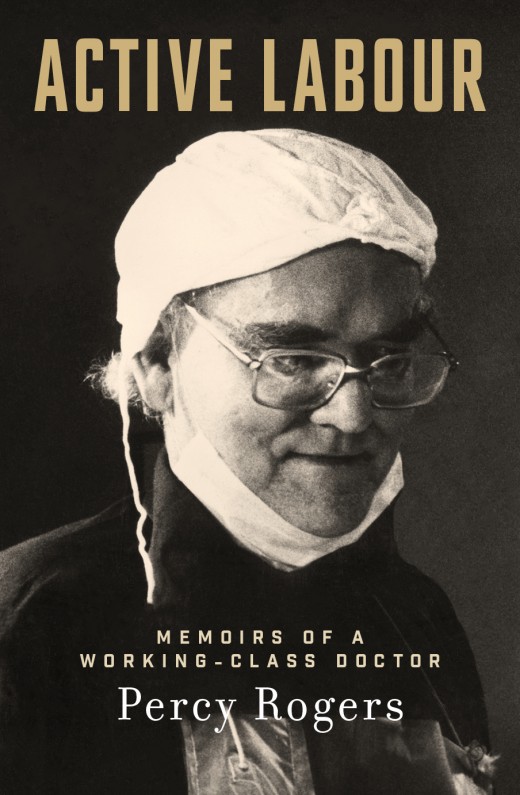This is the question I’m constantly asked by writers who approach me for an assessment of their unpublished manuscript. It is imperative that a well-crafted manuscript is submitted to publishers or literary agents. Commissioning editors for publishing houses and literary agents will stick around for the first couple of chapters, but if they’re not hooked, or a few red flags are flying (such as writing errors), then they’ll move on to the next manuscript on top of the heaving slush pile. Unfortunately, I often receive requests for an assessment after the author has submitted to multiple publishers or agents and is demoralised by rejections.
As a professional manuscript assessor I provide a cost-effective, objective critique (with a little unapologetic subjectivity thrown in for good measure!) in the form of a comprehensive written report. Every manuscript, fiction or non-fiction, is unique, so I don’t have a standard template. However, there are always the main focuses for any manuscript assessment. For fiction, I consider whether the beginning is intriguing enough to immediately draw in the reader (and commissioning editors for publishers!); how effectively the plot and main character develop; if the point of view works and is consistent; if the pace flows with sufficient twists and turns; how well exposition and any flashbacks are handled. If necessary, I also provide feedback on dialogue and setting/s. With non-fiction writing, I focus on structure, tone, coherent content development, logical flow (avoiding repetition), formatting, use of research, and overall suitability for the intended readership. If I think the writing needs editing, I extract a passage from the manuscript and show how the writing can be improved through editing.
Please be assured that if you ask me to assess or edit your unpublished manuscript, I will be your contact and undertake the assessment myself. I do not engage freelance editors to assess or edit my clients’ manuscripts because I believe in establishing an understanding of each writer’s style and objectives for her or his project, and it is impossible to pass on that intimate knowledge to another editor/assessor.
It often takes many years of blood, sweat and tears for a writer to craft and finetune a manuscript. And it takes courage to read an assessment by a total stranger who will probably offer ideas for ‘improvement’. The truth is that when we love someone or something, we tend to lose all sense of objectivity. It’s also true that openminded writers understand the value of constructive criticism and are prepared to change aspects of their writing project, or even delete an episode/section that they realise aren’t working after an assessment logically suggests why. The acclaimed French novelist Sidonie-Gabrielle Colette (1873–1954) was once asked in an interview what advice she had for aspiring writers. Her startling response was, ‘Put down everything that comes into your head and then you’re a writer. But an author is one who can judge his [or her] own stuff’s worth, without pity, and destroy most of it.’
Ernest Hemingway’s voice is always in my head: The first draft of anything is shit. It could be that the second draft may also need reworking … and the third … before submitting to publishers or agents.
But I like Virginia Woolf’s gentle encouragement best:
It is worth mentioning, for future reference, that the creative power which bubbles so pleasantly in beginning a new book quiets down after a time, and one goes on more steadily. Doubts creep in. Then one becomes resigned. Determination not to give in, and the sense of an impending shape keep one at it more than anything. (‘A Writer’s Diary’, 11 May 1920)
Writing is a challenging gig, and the vulnerable, sensitive writer needs to develop resilience, patience and a thick skin. My role as an editor and manuscript assessor is to provide a respectful, constructive critique with viable suggestions as to where there may be gaps or issues in the manuscript. Often, a redraft is returned to me for editing and/or proofreading, or I end up mentoring a author following a manuscript assessment. However, there have been times when I’ve been asked to edit a manuscript that hasn’t been assessed and I have identified issues that could have been addressed with an objective appraisal.
So, why not take a deep breath and have your manuscript assessed before you submit to an agent or publisher? I would be delighted to be that assessor!
Manuscript Assessment
 If you would like to enquire about my writing consultancy and tell me about your writing project then you’re most welcome to email me:
If you would like to enquire about my writing consultancy and tell me about your writing project then you’re most welcome to email me:
denise@denisemtaylor.com.au or contact me via my contact page.
If you think it’s time to have your manuscript assessed, whether it is a complete manuscript or a work-in-progress, then please refer to my Manuscript Assessments page for further details about this service and my fee schedule.
Featured image: Jean-Auguste-Dominique Ingres, Portrait of Comtesse d’Haussonville, preparatory drawing; graphite and white highlights on paper, 1842.





